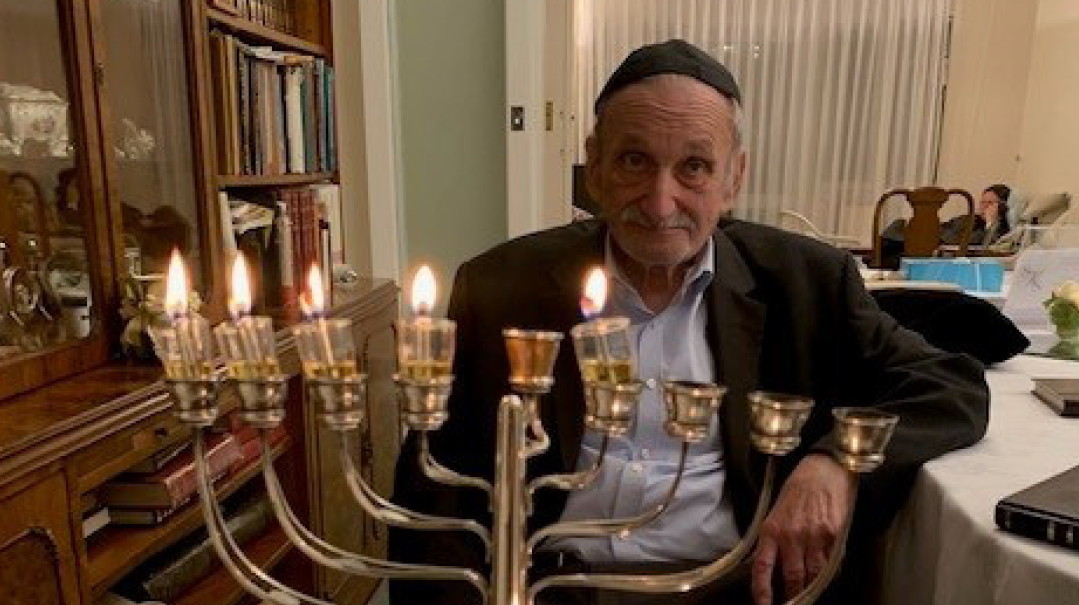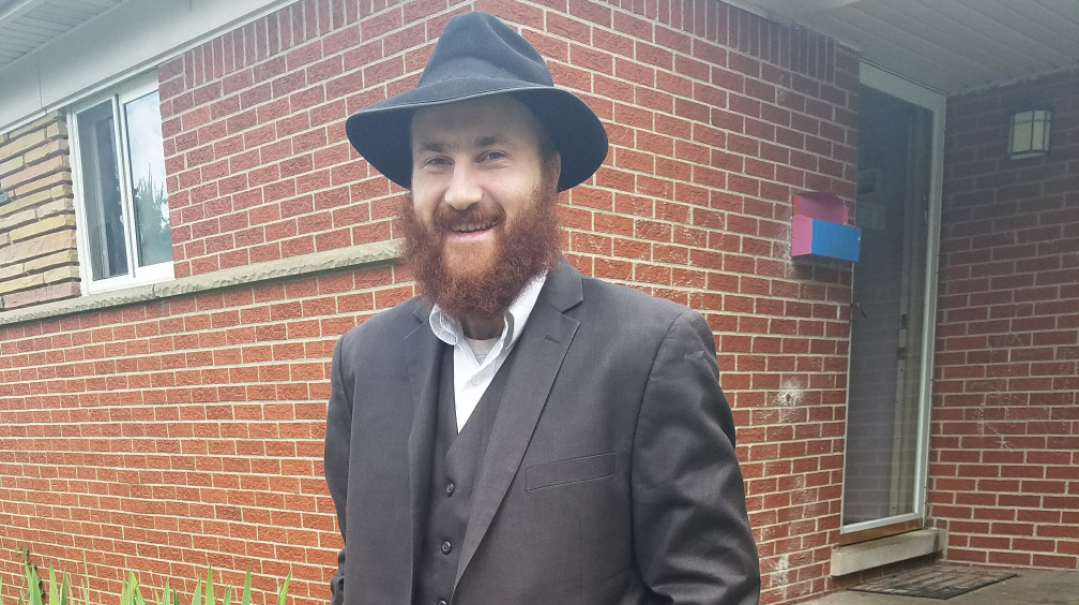At a Loss for Words

In the moment I became an orphan, I learn something — something priceless and powerful

It's December 2002, and I’m walking through the airport terminal with my rebbi.
“Whatever you do, Zechariah, do not say, ‘I’m sorry,’ ” my rebbi says to me as we board the plane.
“Of course not,” I reply.
“Do not say, ‘I’m sorry,’ ” my rebbi whispers while the flight attendant gives her seatbelt-buckling presentation.
“I won’t,” I whisper back.
“Do not say, ‘I’m sorry,’ ” he says as we get into the cab.
“Got it,” I assure him.
As we walk up the driveway to the house, he looks me straight in the eye and says very sternly, “Remember, do not say, ‘I’m sorry.’ ”
“Trust me,” I say, “the last thing I would do is say I’m sorry.”
My rebbi knocks lightly on the half-open door and we both walk down a narrow hallway leading into a big dining room. My friend sits with his brothers on low stools. He is wearing a torn jacket, looking through photo albums of his deceased father. My friend slowly turns toward me.
My brain freezes. I hear my rebbi warn me behind my back, “Zechariah, do not say…”
“I’m sorry,” I half yell, and my friend bursts into tears.
I’m only 15 at the time and know nothing about loss, about pain or suffering. I live in a world that consists of learning, sleeping, and more sleeping. In my world, loss refers to someone who came a little too late to the cholent pot. My “I’m sorry” declaration to my friend reflects my ignorance of true loss.
Subconsciously, I am not trying to comfort him at all; I’m just reacting to the fact that his father’s death makes me feel guilty. Hence the words, “I’m sorry.”
Oops! We could not locate your form.






